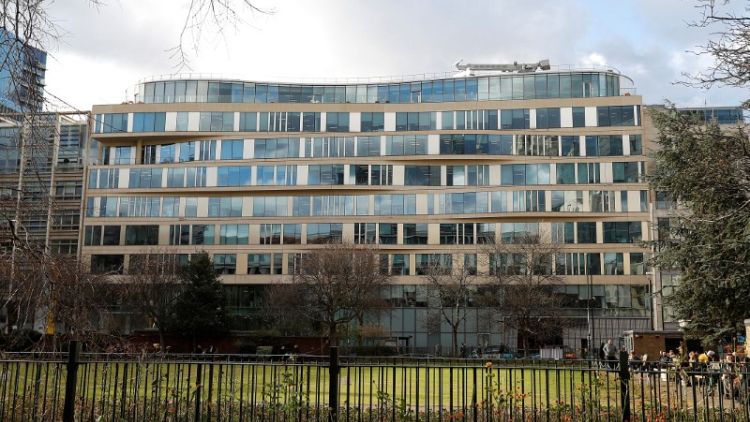By Eric Onstad
LONDON (Reuters) - The London Metal Exchange is poised to extend its closing open-outcry trading sessions for all metals after volumes jumped in a three-month trial, denting expectations of an eventual move to full electronic trading.
The 142-year-old LME achieved an increase in trading during closing rings in its three-month trial with zinc and is expected to announce next week that open-outcry trading for all metals will be doubled to 10 minutes each in closing rings, said a source with direct knowledge of the change.
The LME, owned by Hong Kong Exchanges and Clearing Ltd <0388.HK>, declined to comment ahead of a members' notice on the topic.
During the three-month trial with zinc, closing ring volumes increased by as much as 40%, industry sources said.
Overall LME trading levels have declined this year, with first-half volume down 7.2% at 88.6 million lots, LME data shows.
Analysts say that investment funds have been wary of buying industrial metals because of a slowdown in top metals consumer China and trade tensions between China and the United States, the world's top two economies.
"The trial was generally good for all parties, both the members and the LME. If that's the case, that you can generate more volume, what's not to like?" said an executive at one of LME's members.
The ring at the LME, the world's oldest and largest market for industrial metals, is the last open-outcry trading venue in Europe. In a circle of padded, red-leather seats, traders use arcane hand signals in five-minute bursts of intense trading.
The ring has its roots in the early 19th century when the Royal Exchange, the world’s first commodities market, became so crowded that metal merchants gathered at the Jerusalem coffee house on Cornhill in the City of London to conduct business.
Other exchanges have scrapped open-outcry activity and shifted to electronic trading, prompting predictions that the LME would follow suit.
"If you can increase volumes by extending rings, then it adds to the potential for greater longevity for the ring," the executive said.
To make room for doubled trading times in final open-outcry trading, which sets closing prices, the LME will combine the third and fourth rings of the day, the sources said, adding that the changes could be implemented as early as September.
Longer ring trading allows clients more time to place orders, react to price changes and potentially place counter orders, traders said.
When the LME makes its announcement next week, it will also release data from both the zinc trial and another one involving nickel, which tested electronic trading to set closing prices instead of open-outcry activity, one of the sources said.
The nickel trial failed to lift volumes, so there was no impetus to implement any shift to electronic closing prices, the sources said.
Timings for the new closing sessions have not been finalised, but the combined afternoon rings are likely to run from 1500 to 1535 London time using traditional five-minute trading while the new extended closing rings, or "kerb", would be from 1550 to 1700.
(Reporting by Eric Onstad; Editing by Veronica Brown and David Goodman)



